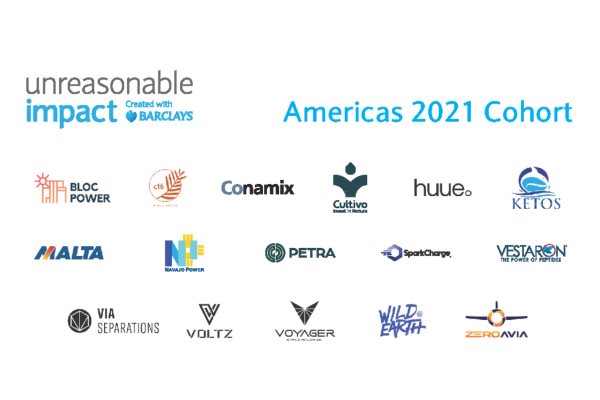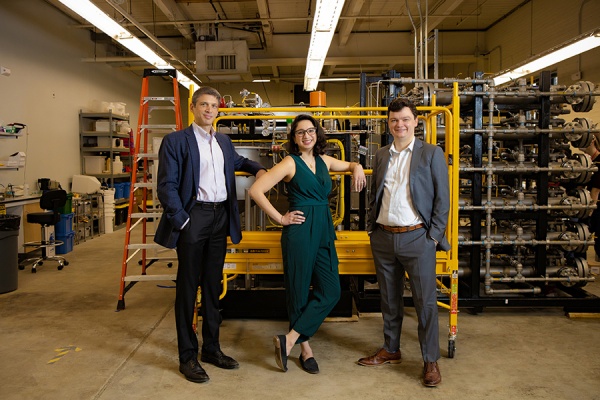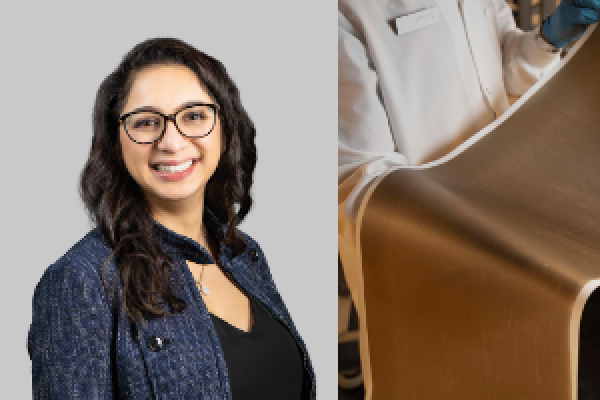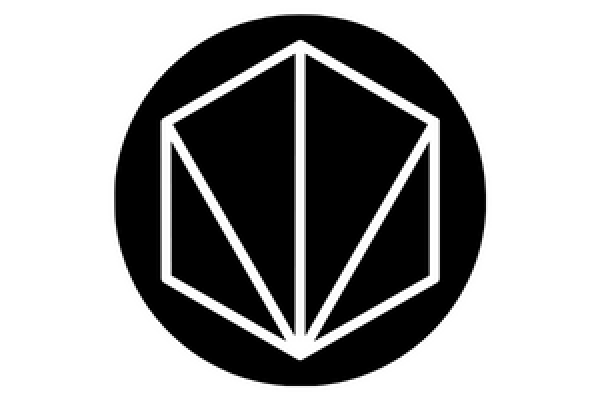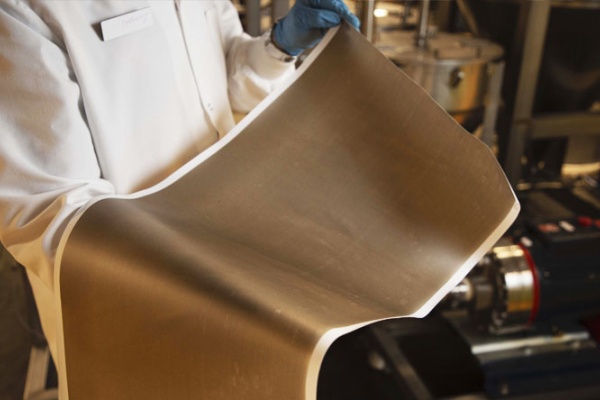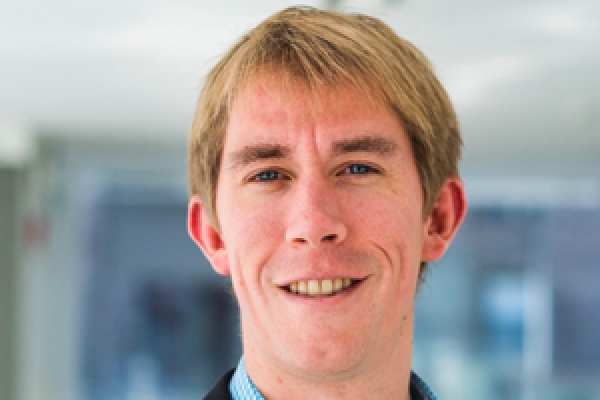Our Research Fouling-resistant nanoporous membranes

Photo Credit: Grossman research team

Photo Credit: Grossman research team

Photo Credit: Grossman research team
Principal Investigator
Jeffrey C. Grossman
- Morton and Claire Goulder and Family in Environmental Systems
- Professor of Materials Science and Engineering
- Head of the Department of Materials Science and Engineering
- Department of Materials Science and Engineering
Jeffrey Grossman is the Morton and Claire Goulder and Family Professor in Environmental Systems at MIT. Professor Grossman's research specializes in utilizing learned insights to development new materials for energy conversion and storage with improved properties. Professor Grossman is the recipient of a 2015 J-WAFS Solutions Grant for his project, "Fouling-Resistant Nanoporous Membranes."
Challenge:
Existing thermal separation processes are costly and energy-intensive. Can precise water filtration occur without high energy inputs?
Research Strategy
- Use graphene oxide to engineer a low-cost energy-efficient filter that resists fouling and filters contaminants at the molecular-level
- Ensure that membrane tolerates extreme conditions: high temperatures, solvents, & oxidizers
- Design membrane to maximize stability, flux, and salt rejection
Project description
The high cost and energy requirements of desalination limits its economic viability in many parts of the world and yet the cost of no water is even higher. Together with conservation and wastewater treatment, desalination is crucial in augmenting water supply for agriculture, food processing, and manufacturing. Many regions of the world already rely on this technology, including Israel, Saudi Arabia, and California. Existing technology relies on specially engineered membranes to remove salt from water, however the useful lifetime of these membranes is inherently limited due to the accumulation of organic foulants. These foulants can substantially reduce water flow and hence plant efficiency, but, due to the chemistry of the membrane itself, cannot be removed with conventional chlorine-based methods. The research team for this project developed scalable nanoporous membranes with optimized surface chemistry in order to increase resilience to both cleaning chemicals and biofoulants. By leveraging the improved permeability of graphene-based membranes, this technology resulted in a product that addresses a serious challenge for plant operators and manufacturing facilities, namely the delicate nature of existing membranes.
Outcomes
- Designed and produced membrane samples
- Demonstrated long term performance and chlorine resistance of membranes
- Optimized design of membranes for stability and resistance to fouling
- Resulted in the creation of the spinout company Via Separations
Publications
Chemistry and structure of graphene oxide via direct imaging
Shreya H. Dave, Chuncheng Gong, Alex W.robertson, Jamie H.Warner, and Jeffrey C. Grossman, ACS Nano, 2016
News
Spinout Companies
Via Separations

Redefining the limits of membrane filtration
Fifteen percent of US energy consumption is dedicated to purifying streams in industrial processes. From polymers for plastic products, to active pharmaceutical ingredients for drugs, to nutrients for food products, traditional methods to separate and purify rely on heat. Via Separations is tackling this energy use in process separations by developing a novel, more resilient filtration membrane. It was co-founded by MIT alumna Shreya Dave '16 who was also involved in the J-WAFS Solutions-funded research on graphene membranes.
SiTration
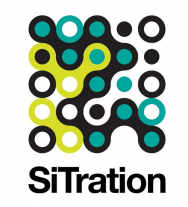
SiTration is building an ultra-durable filtration membrane technology to reduce cost and resource consumption in industrial wastewater treatment, advanced manufacturing, and resource extraction. It was co-founded by MIT alum Brendan Smith '20 who was also involved in the J-WAFS Solutions-funded research on graphene membranes.
Additional Details
Impact Areas
- Water
- Food
Research Themes
- Water Purification & Desalination
- Technology & Commercialization
- Transforming Food Systems
Year Funded
- 2015
Grant Type
- Solutions Grant
Status
- Completed

